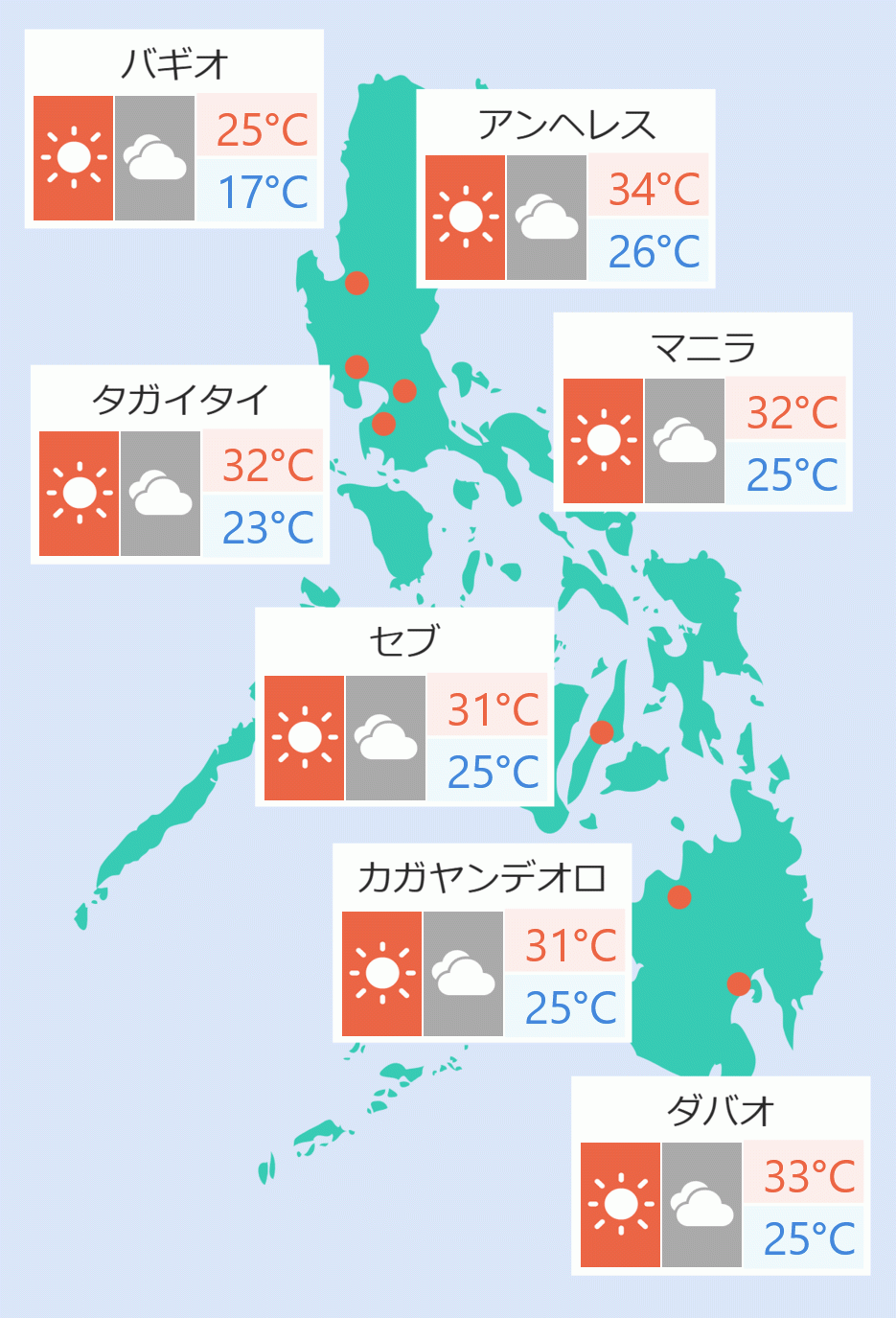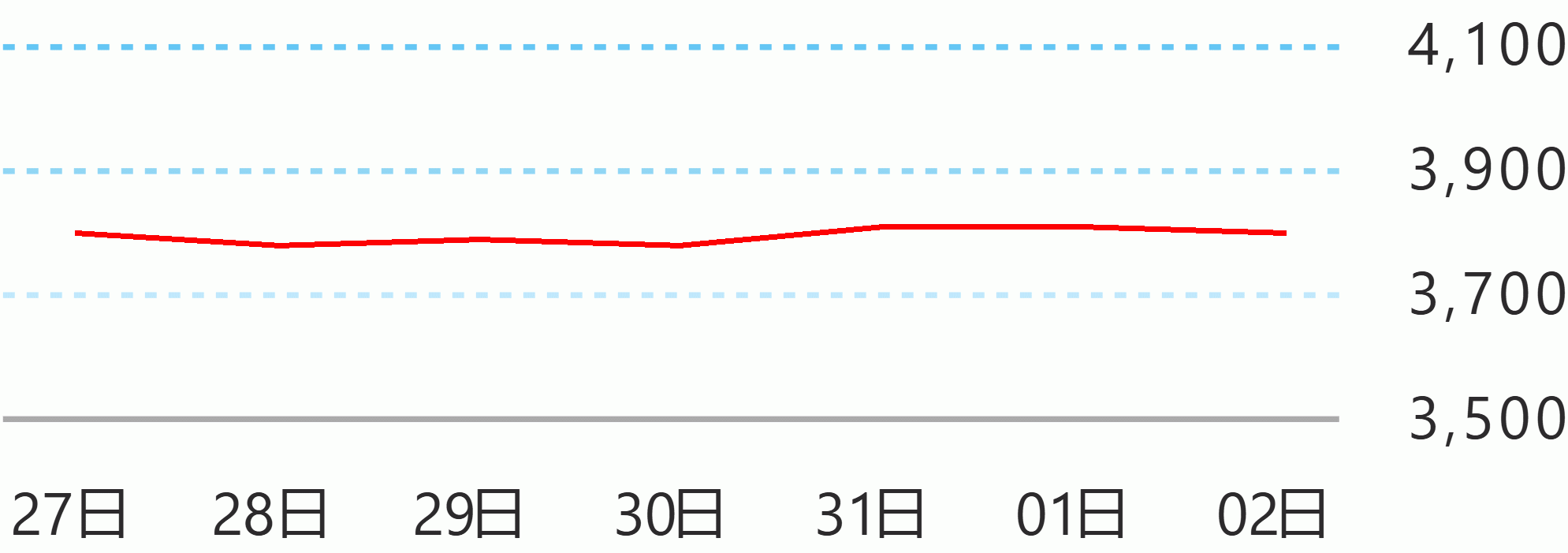The Japan International Cooperation Agency (JICA) announced that it is teaming up with the Department of Public Works and Highways (DPWH) on training Filipino engineers in building better coastal structures.
The Record of Discussion for the new Technical Cooperation Project, Capacity Development in Coastal Engineering for Disaster Resiliency, was signed on February 16, 2022 between JICA and the Philippine government in a move to improve disaster risk reduction countermeasures through coastal engineering. The project will come up with a human resource development plan to strengthen the DPWH’s capacity and know-how in building disaster-proof structures along coasts.
Under the project, case studies will be conducted to understand the phenomena of actual situations in coastal areas. For instance, coastal erosion is a natural process that is made worse when people build structures in coastal zones. The project will consider these types of concerns in developing different guidelines in designing coastal structures.
The Philippines ranked 8 th in the world as the most exposed and vulnerable country to natural disasters, according to the 2021 World Risk Index. Such vulnerability is measured according to public infrastructure, nutrition, poverty, and economic distribution. In the same report, the Philippines also recorded high in the index highlighting need for action.
In 2021, Typhoon Odette brought torrential rains and massive destruction in different regions across the country. More than 10 million people were affected and some P29.4 billion damage to houses and infrastructures was recorded, according to National Disaster Risk Reduction Management Council report. Some coastal infrastructures were also damaged.
“Now that natural phenomenon keeps on changing, it’s also equally important to pay attention to helping our partner countries increase their capacity when it comes to coping with climate change through an engineering approach,” said JICA Chief Representative AZUKIZAWA Eigo.
“We will be sending Japanese experts on coastal engineering to share our experiences and also train local DPWH personnel on planning and designing structures in coastal areas and studying how existing laws and policies can be improved to bridge the gap in disaster management.”
Aside from this, JICA has been working closely with DPWH on other disaster mitigation projects such as the newly inaugurated retarding basins in Imus and Bacoor, and the ongoing Pasig- Marikina River Channel Improvement Project.
JICA has been supporting disaster resiliency in the Philippines since 1960s. Aside from
structural measures like dams, retarding basin among others, JICA also assists the Philippines in non-structural measures such as disaster education, and capacity building of frontline agencies in disaster management. JICA Philippines





 English
English










